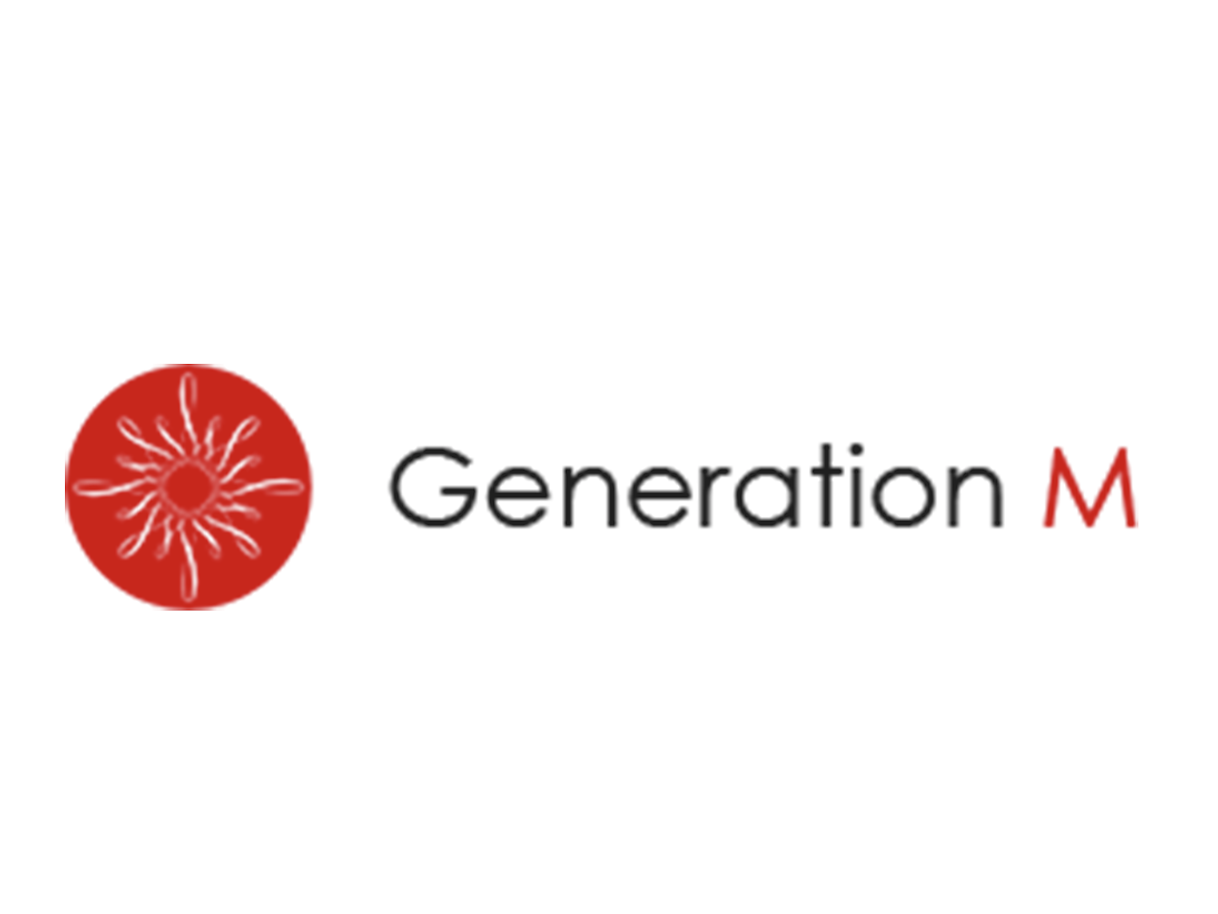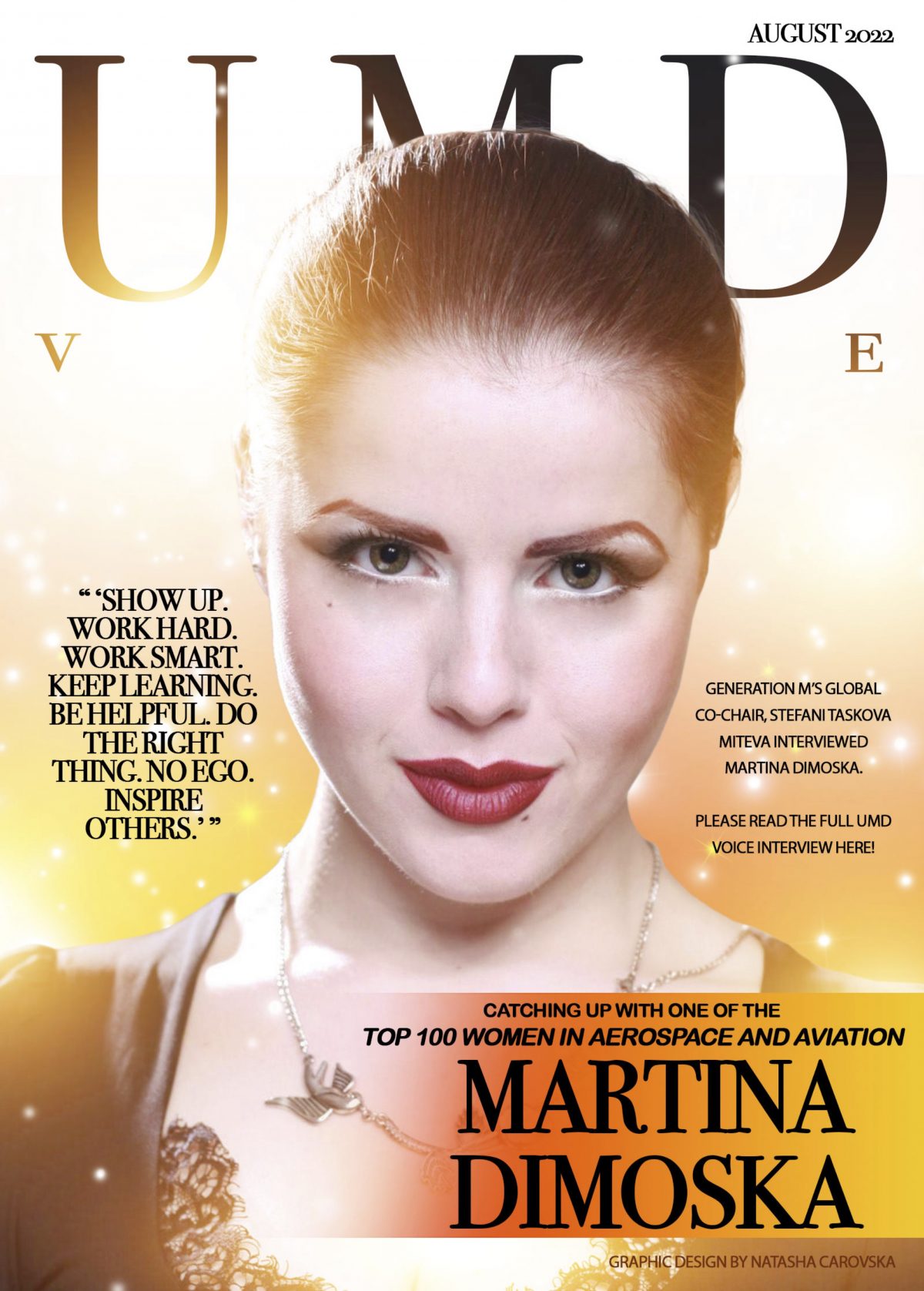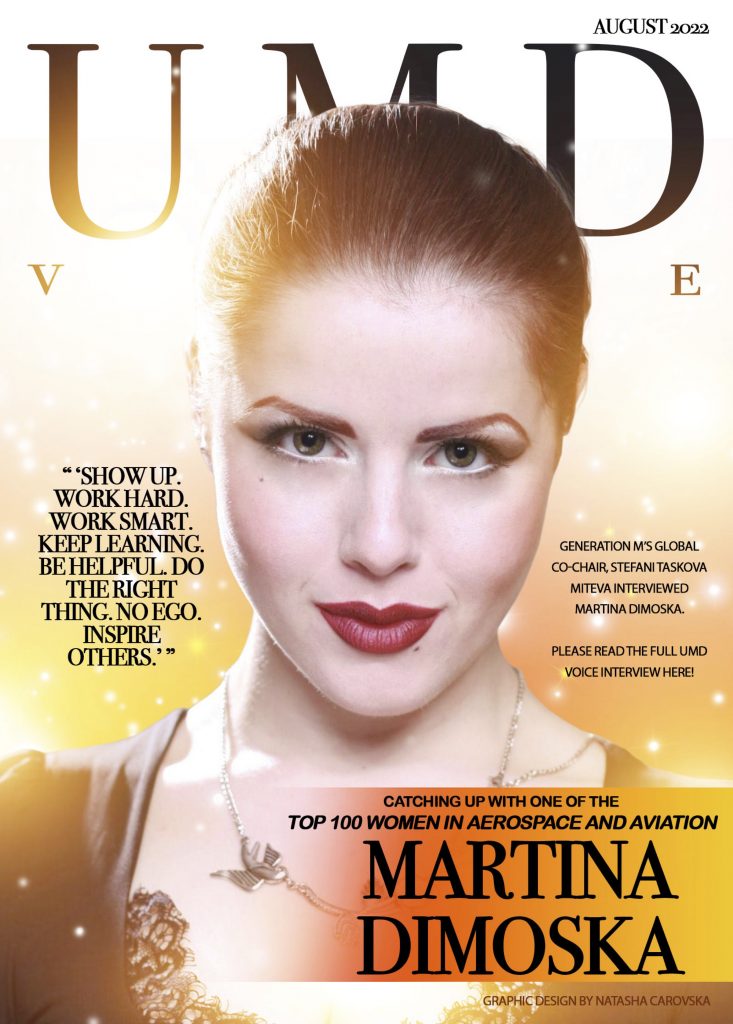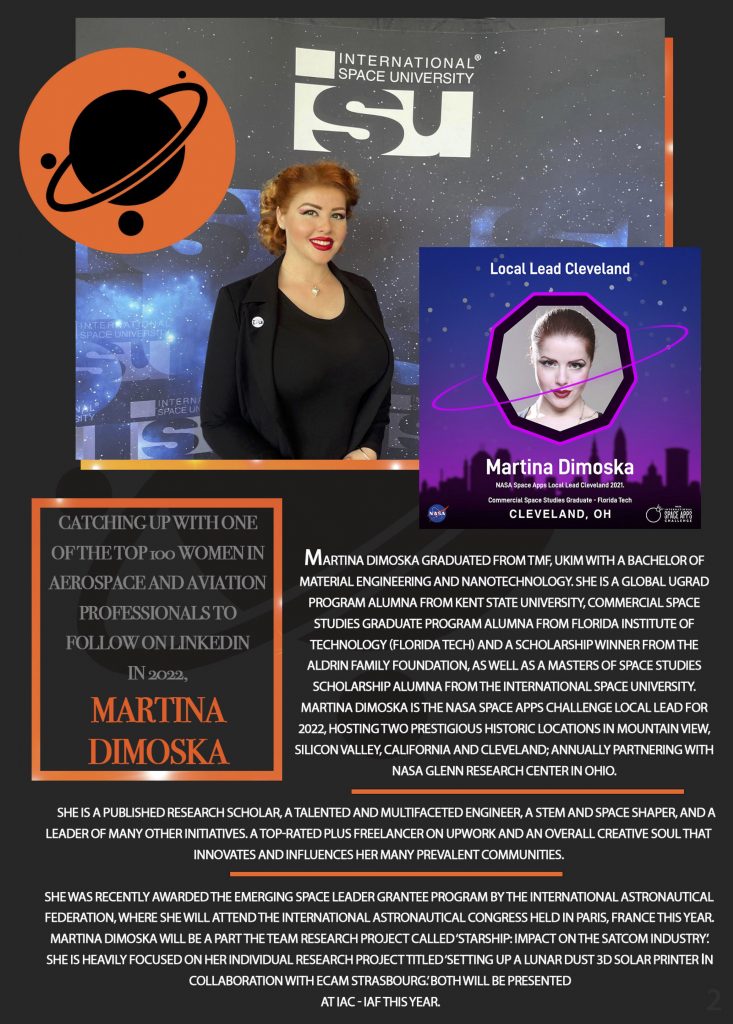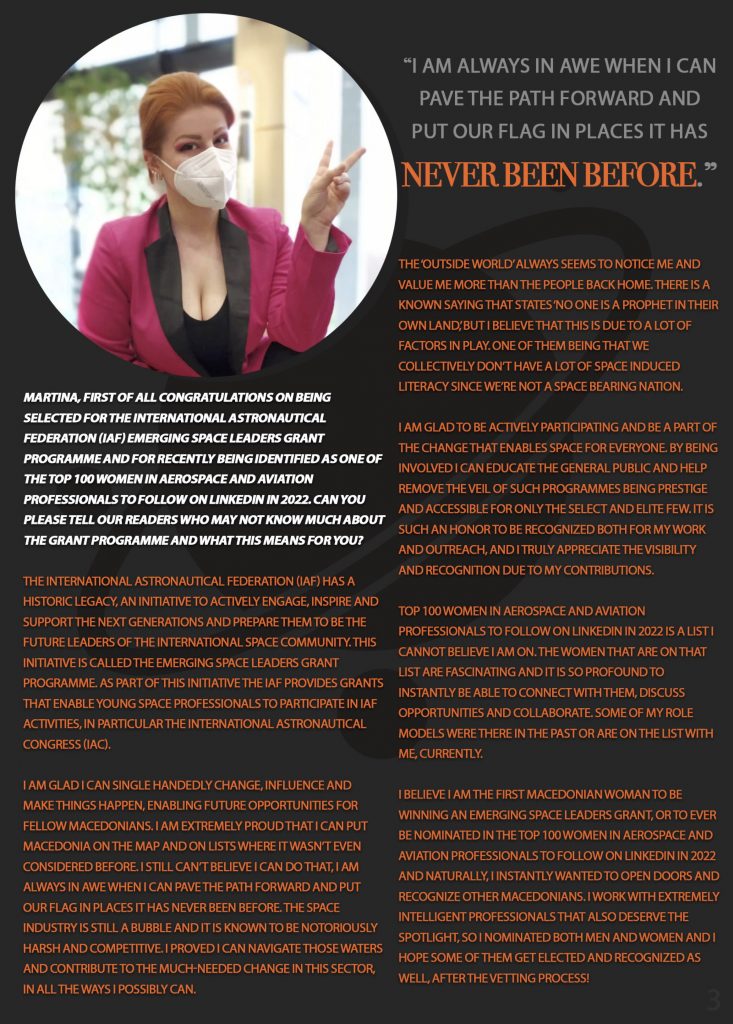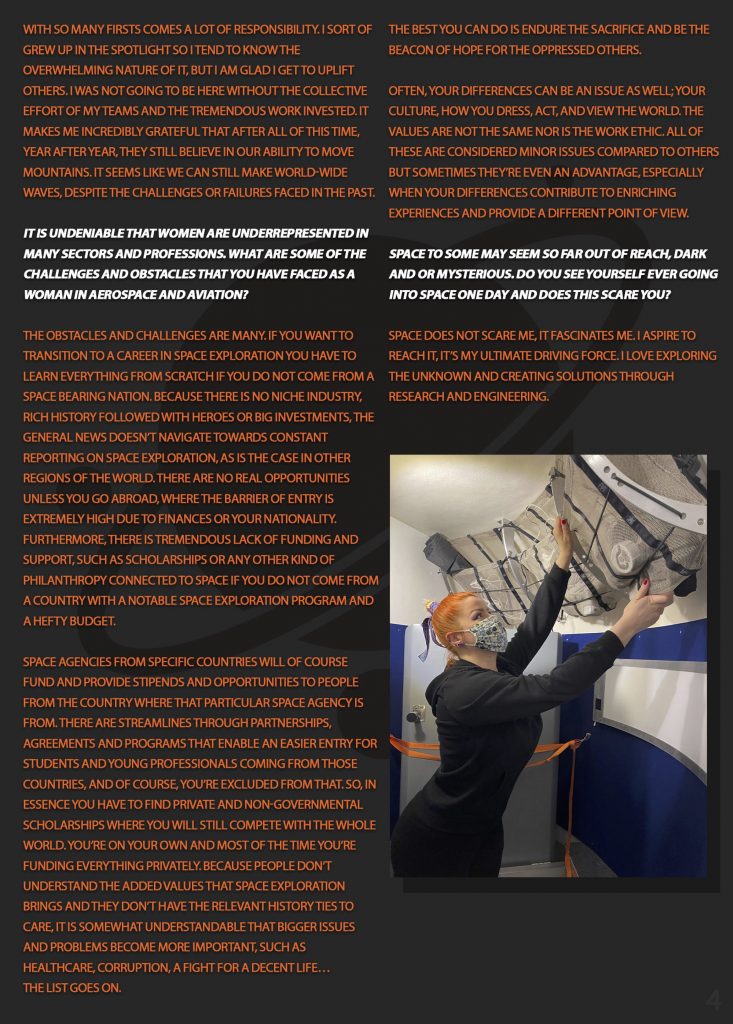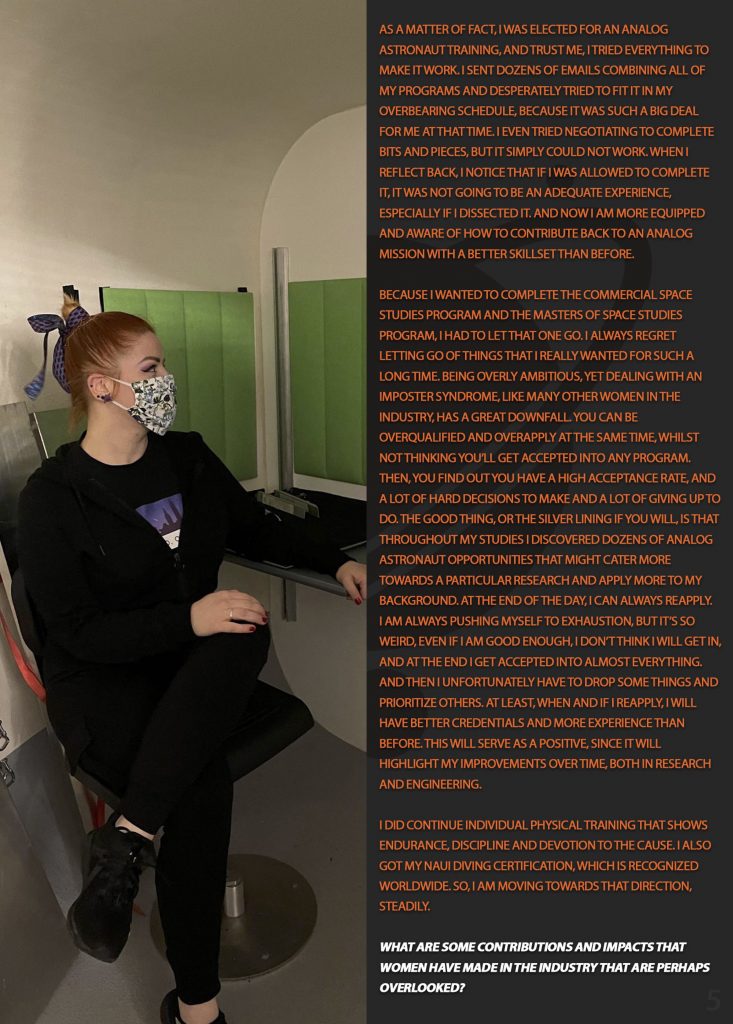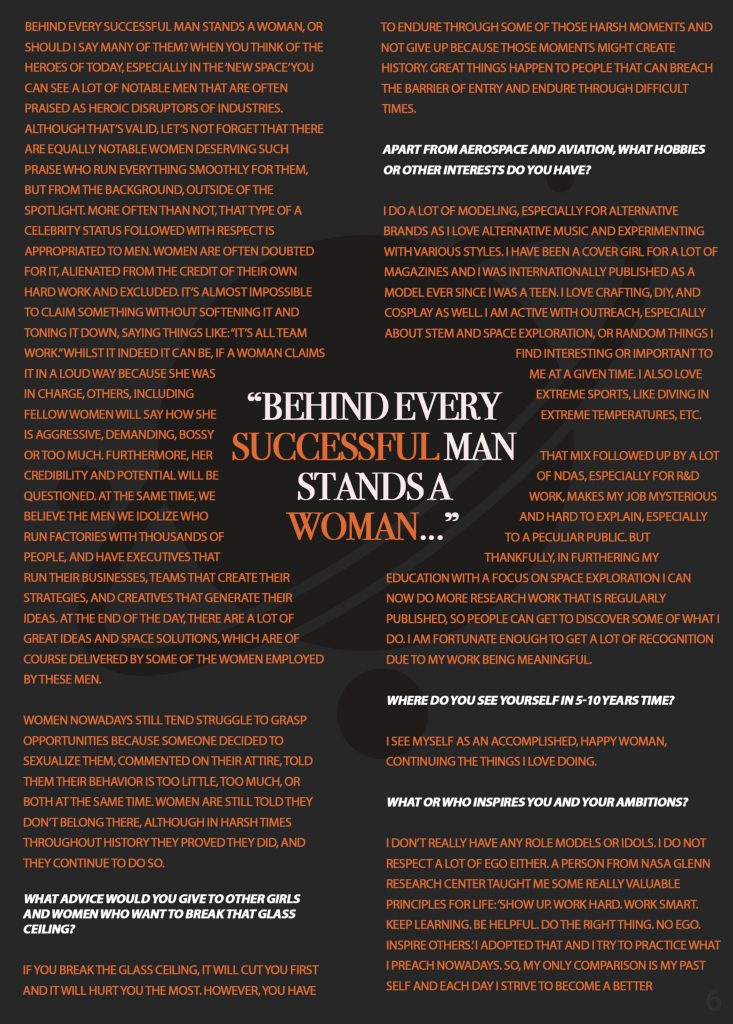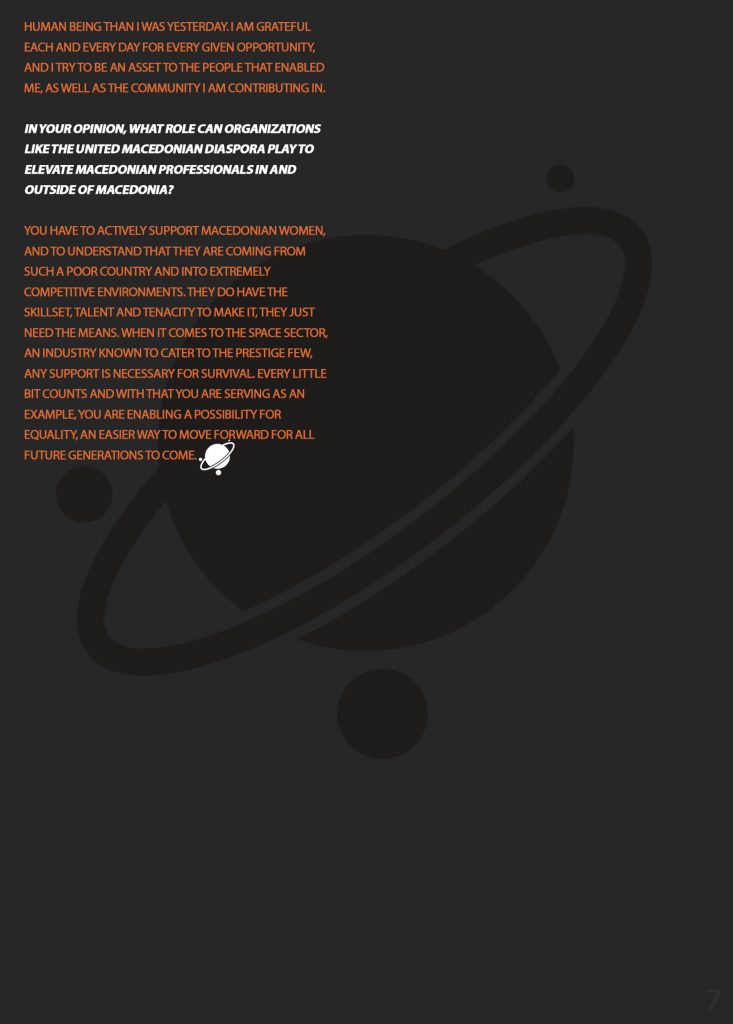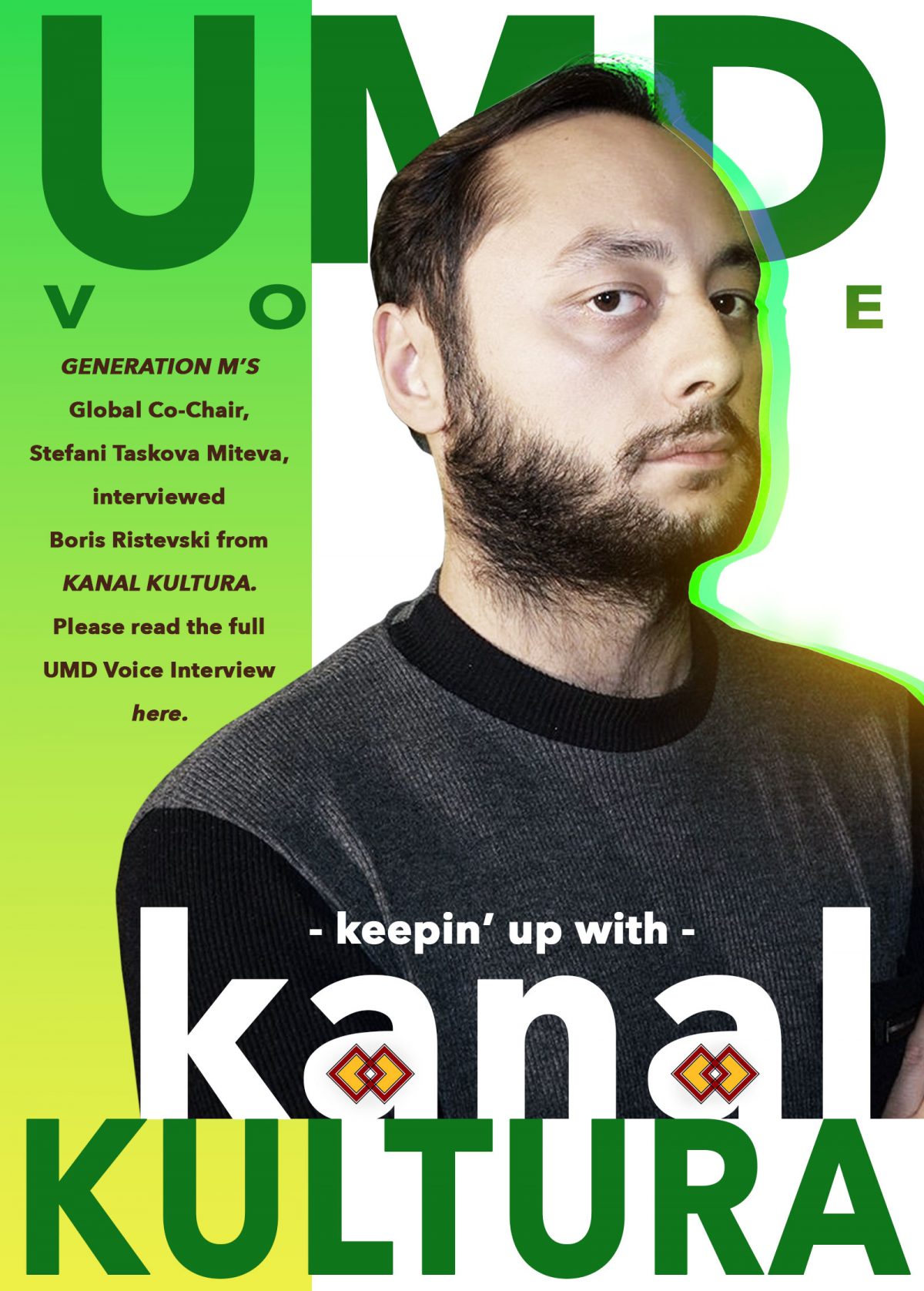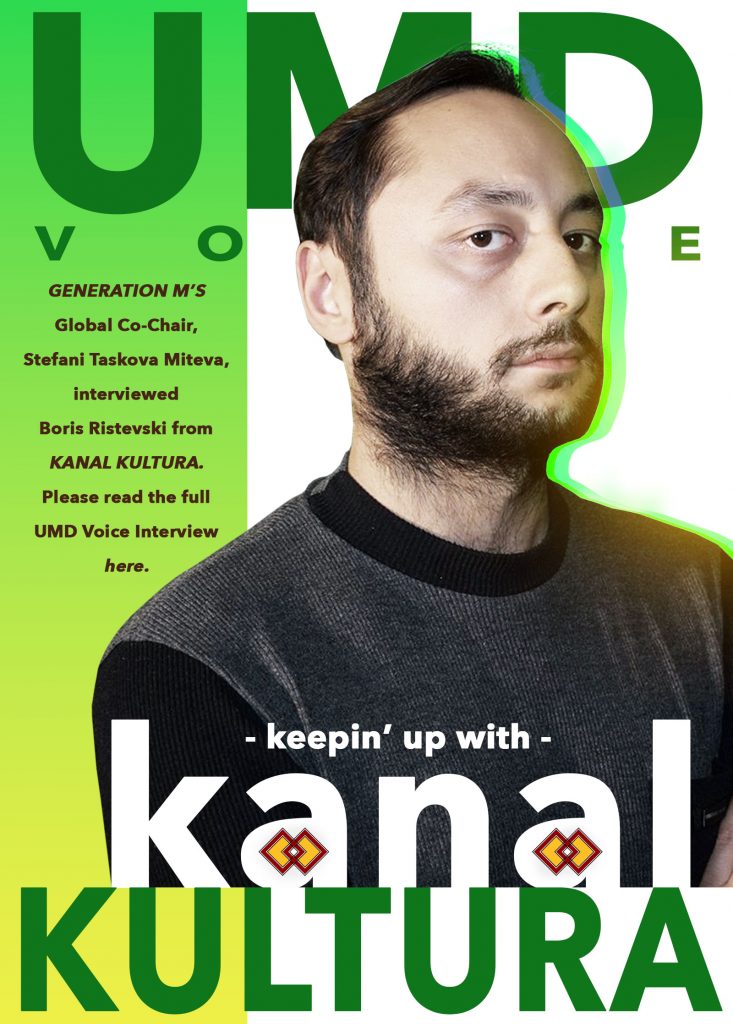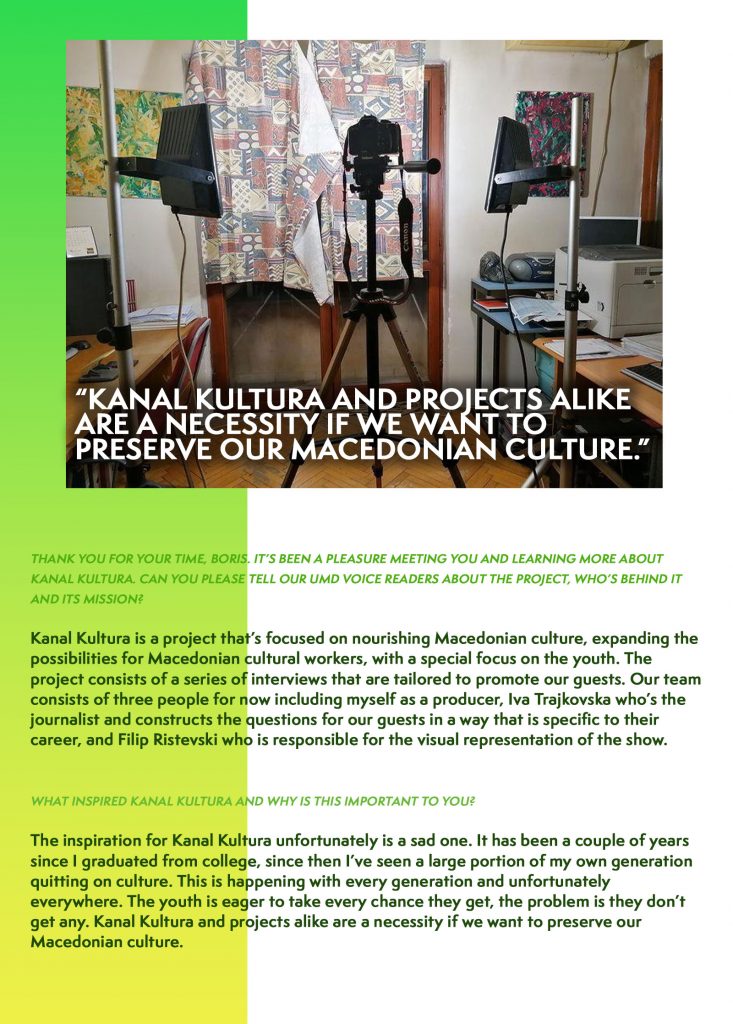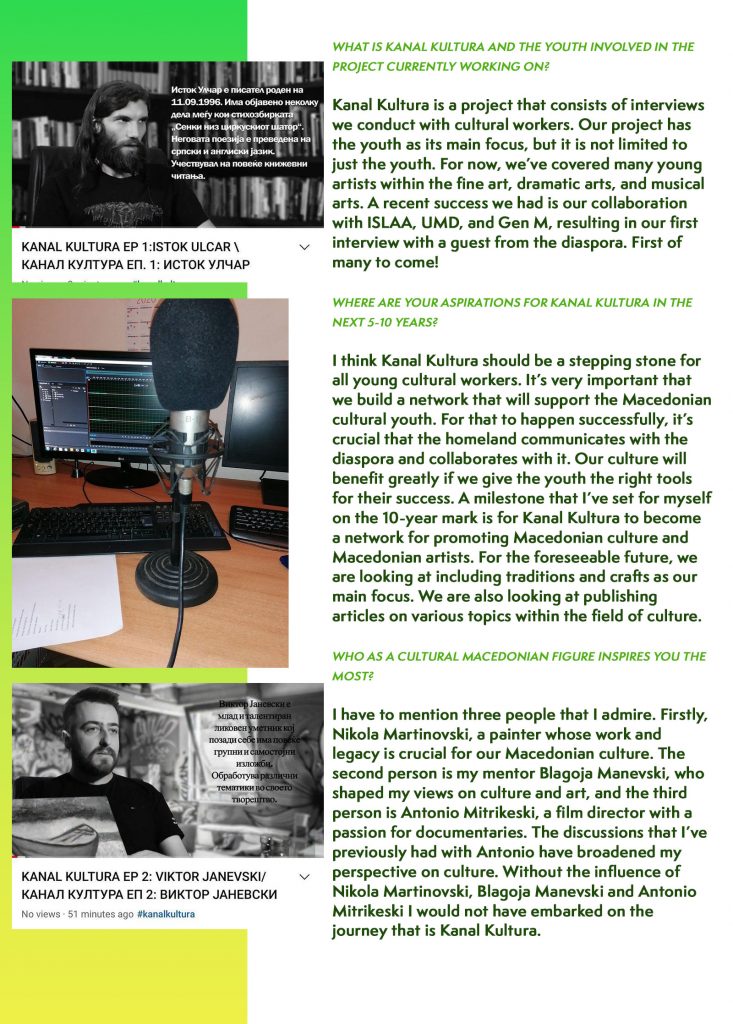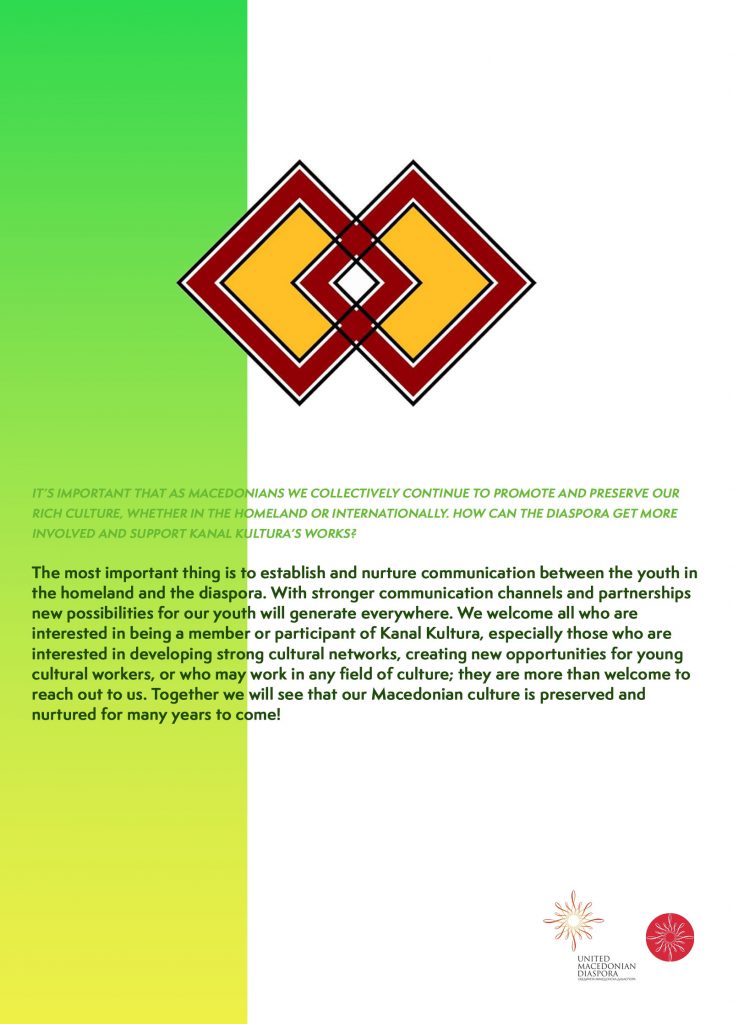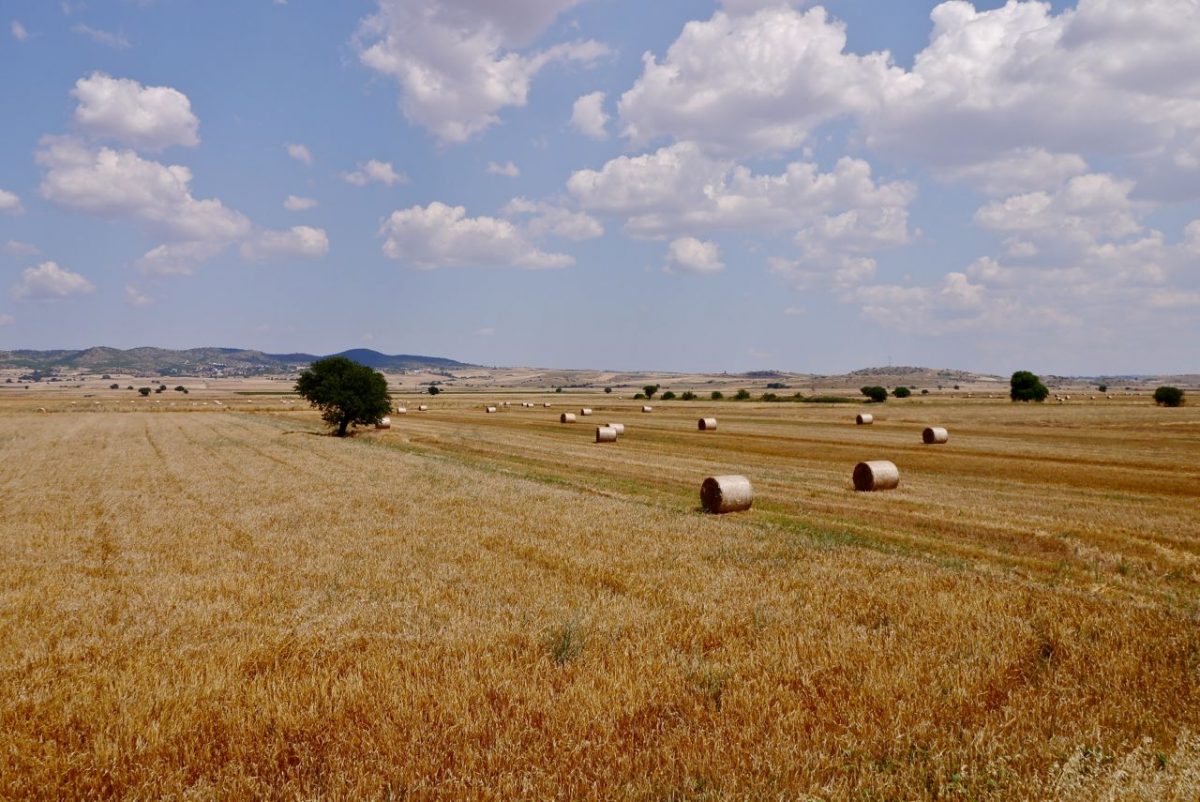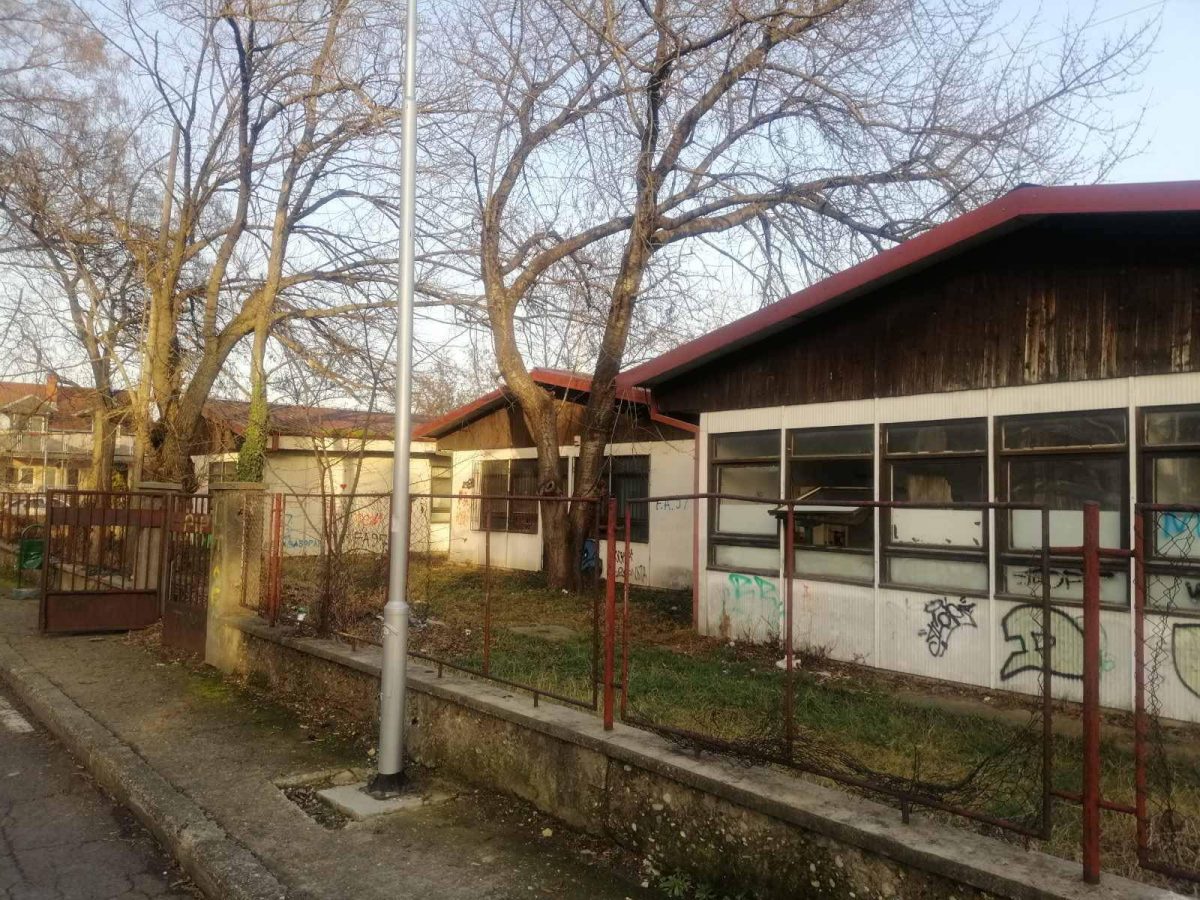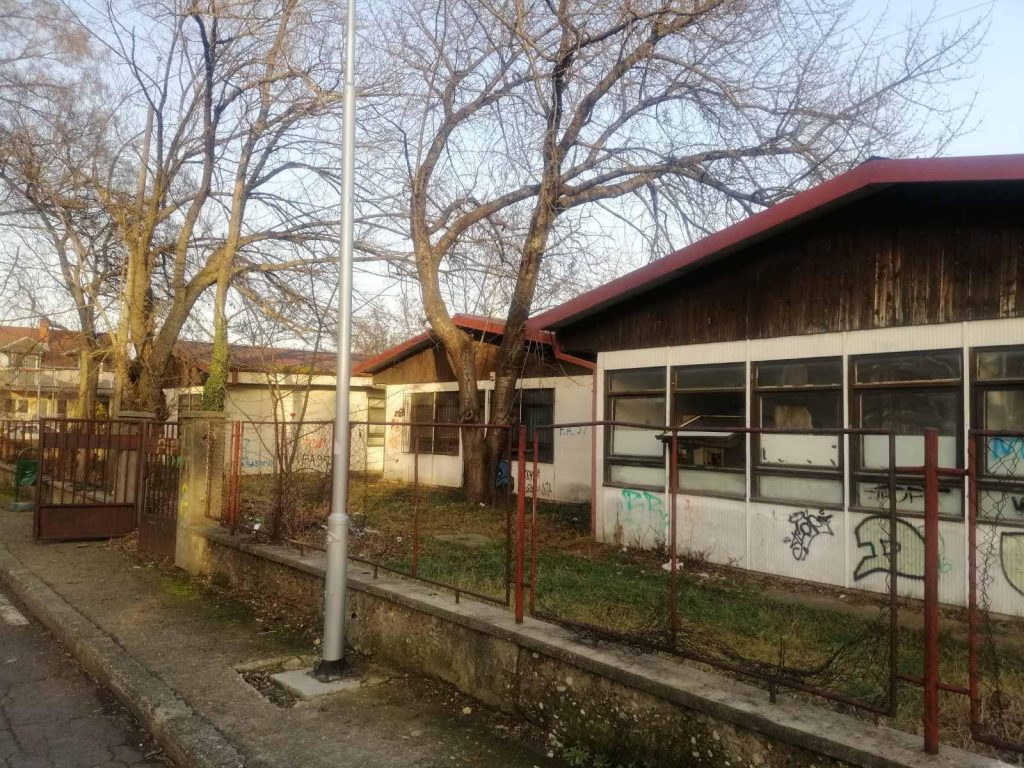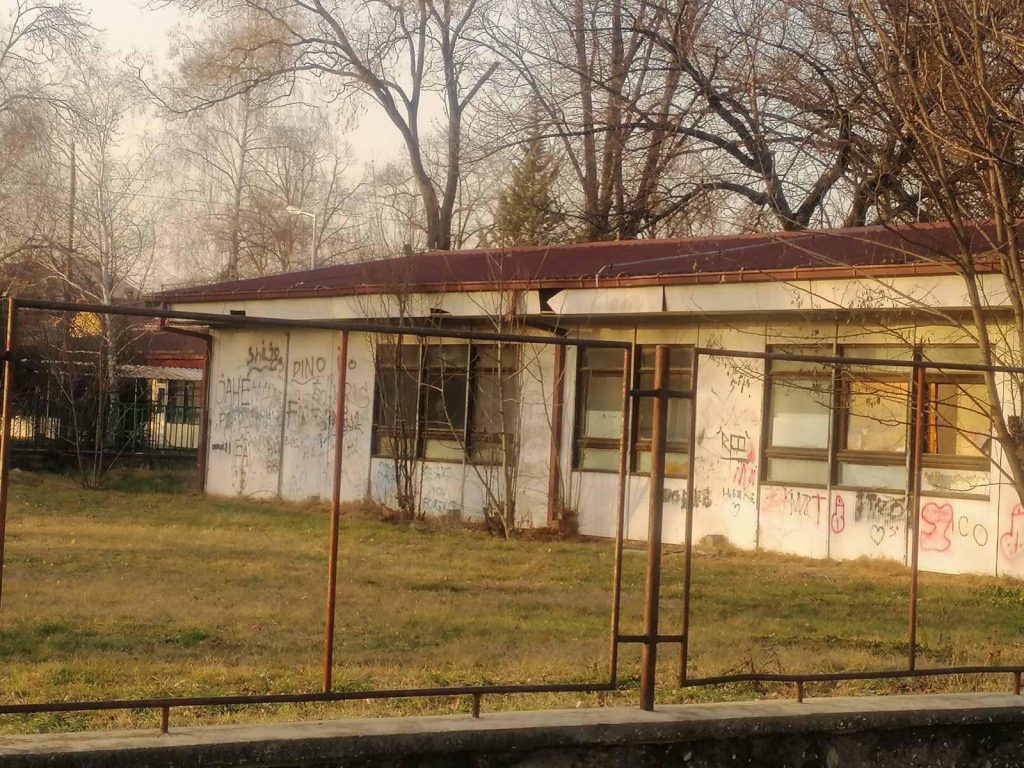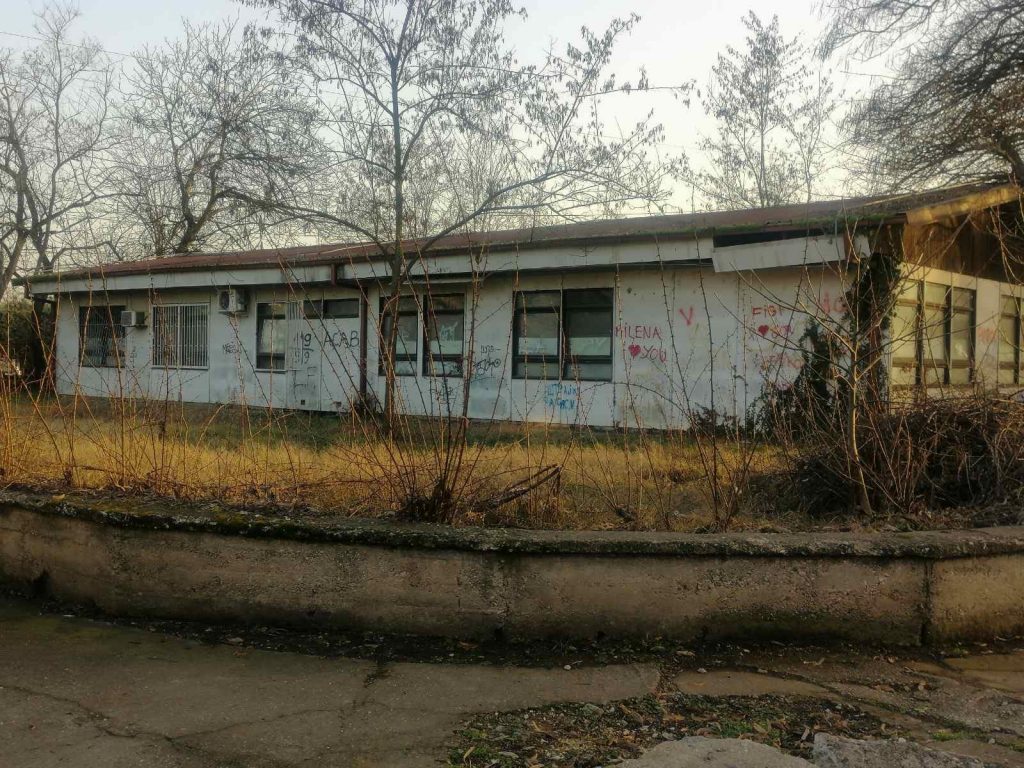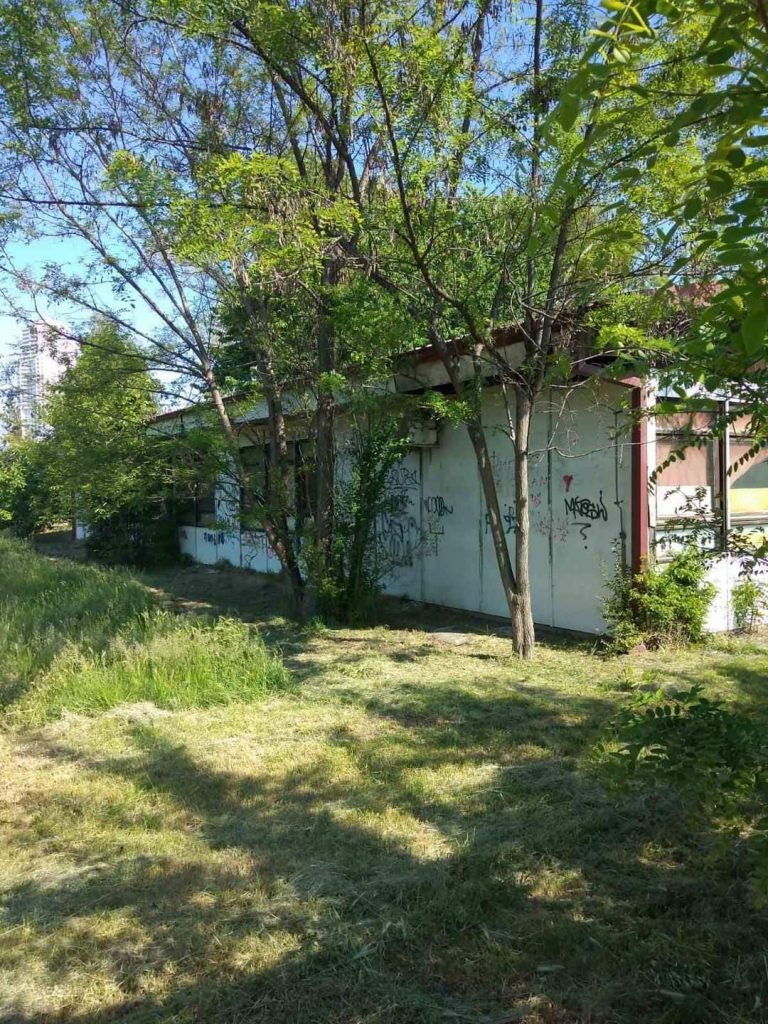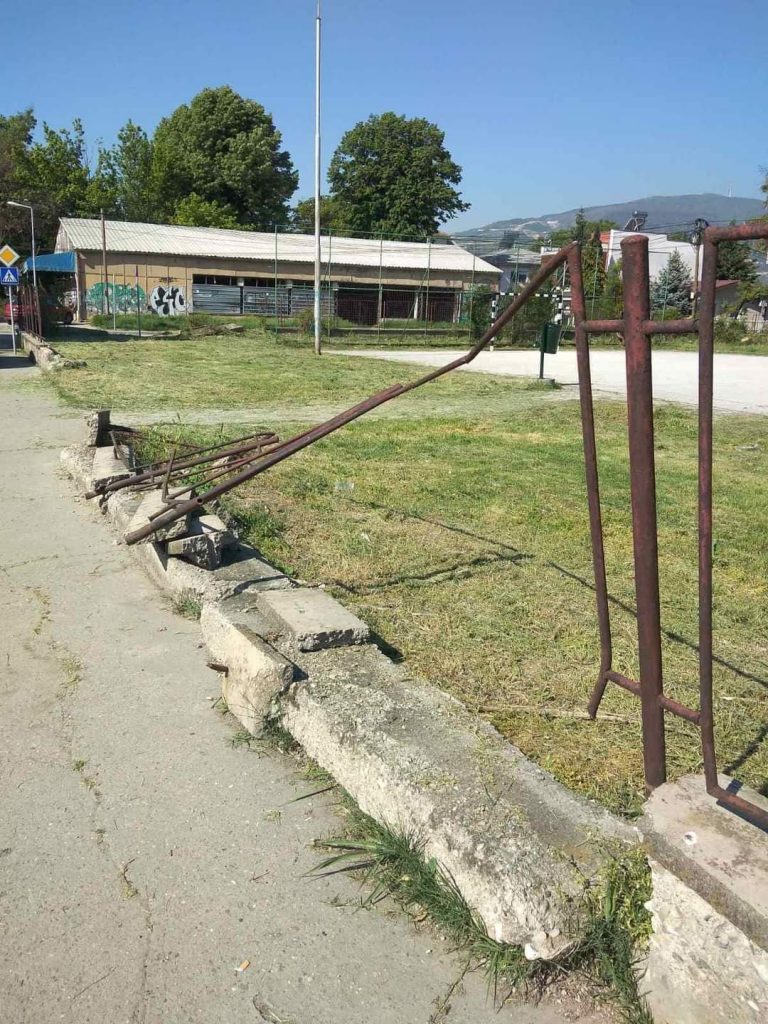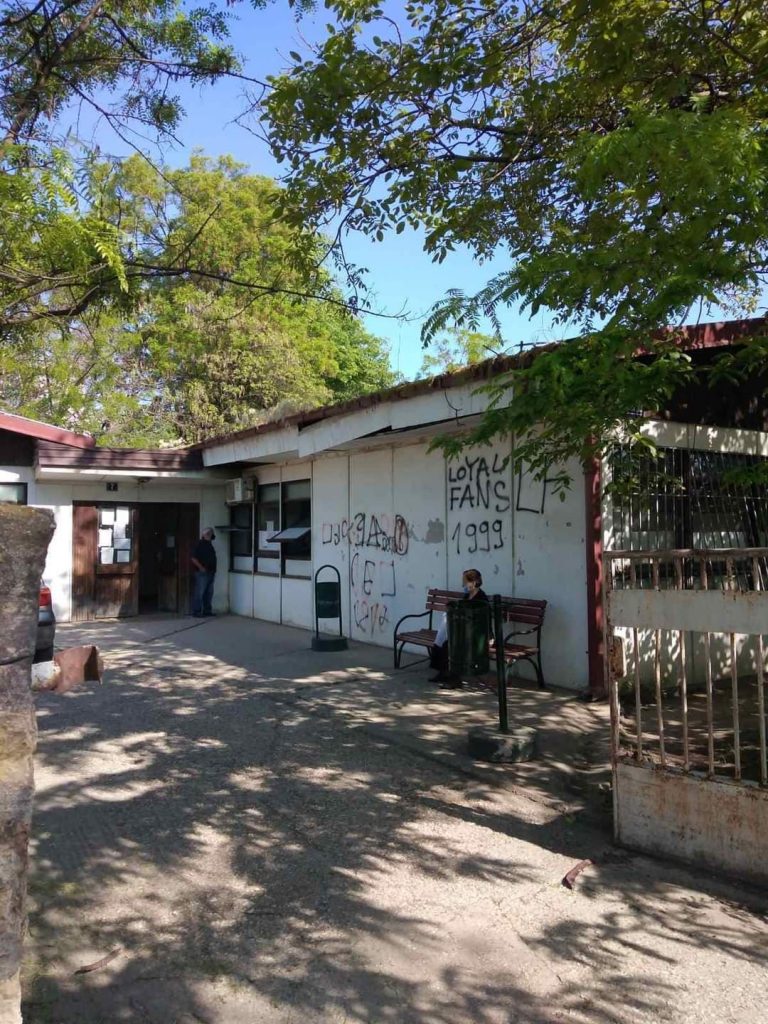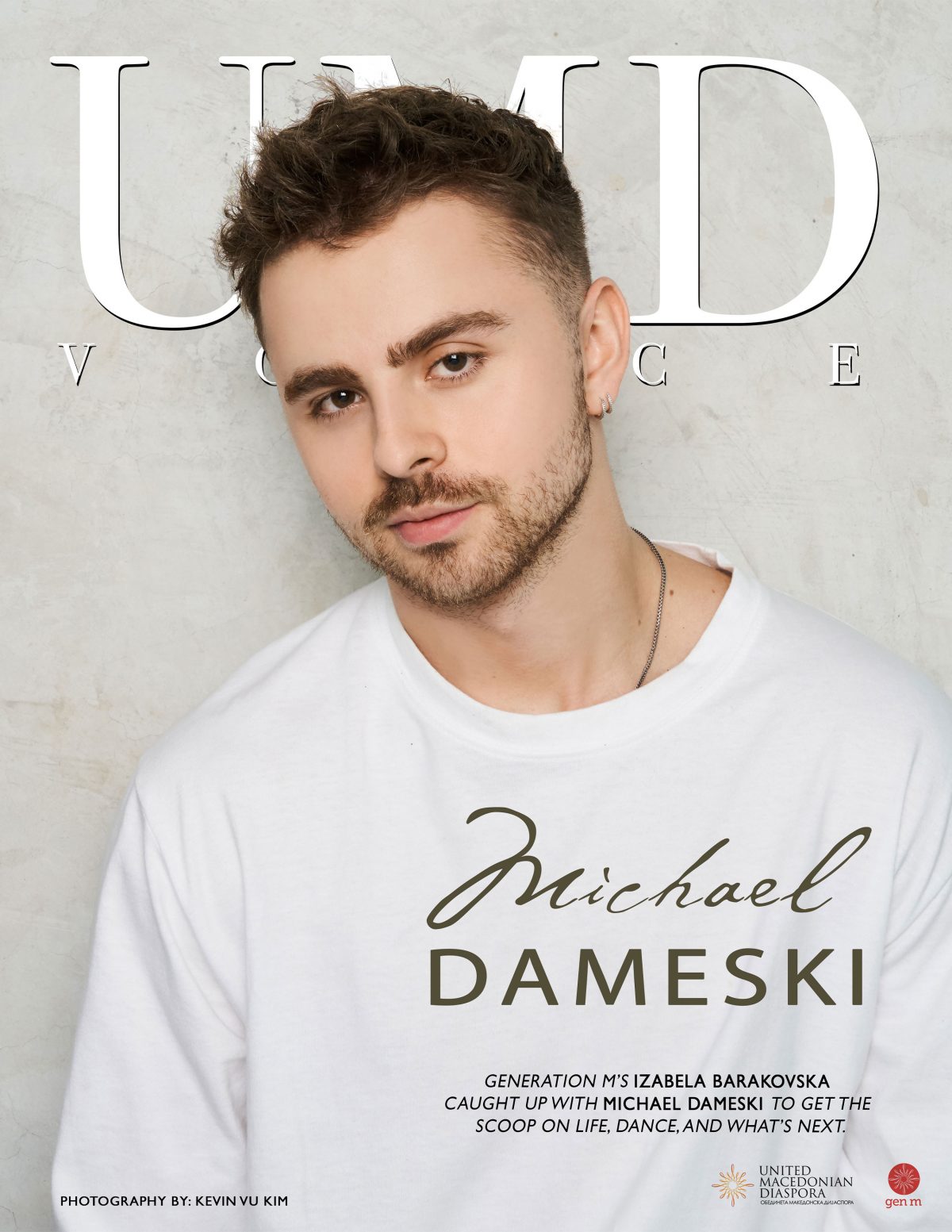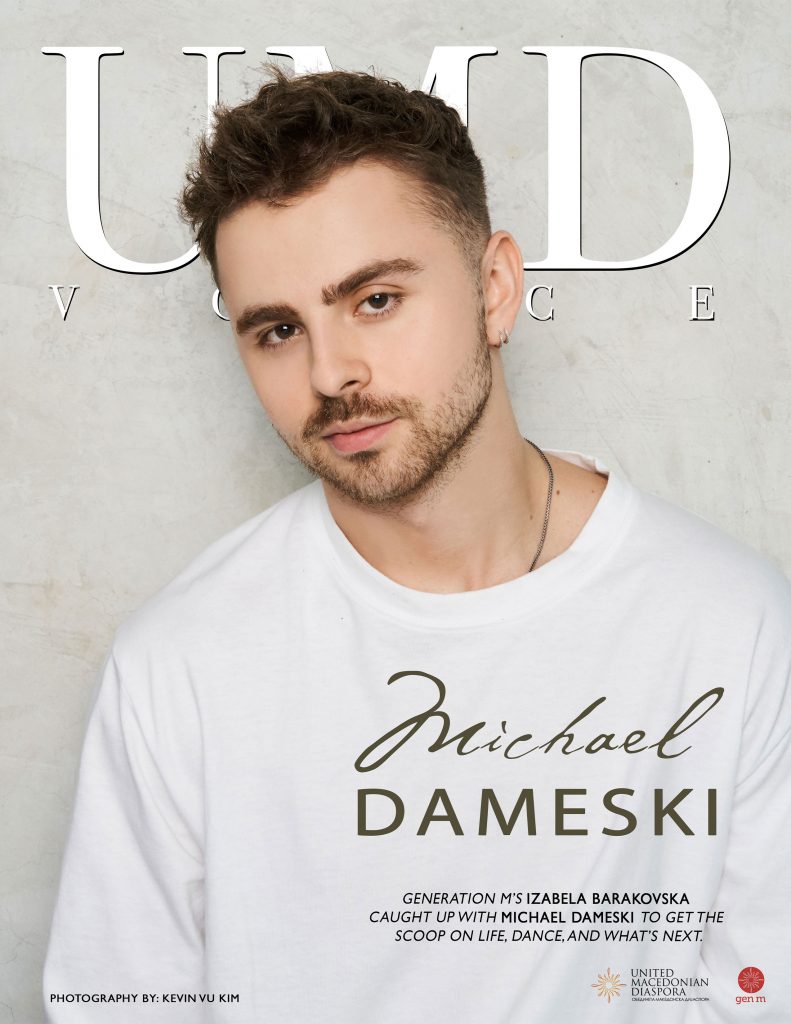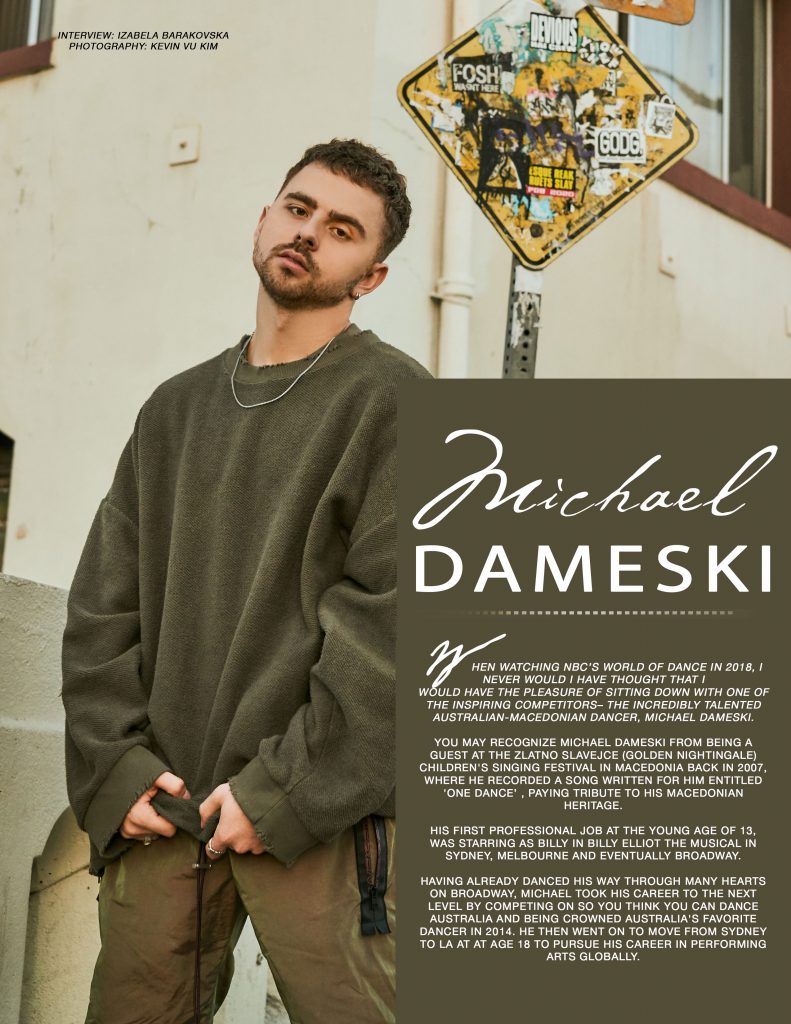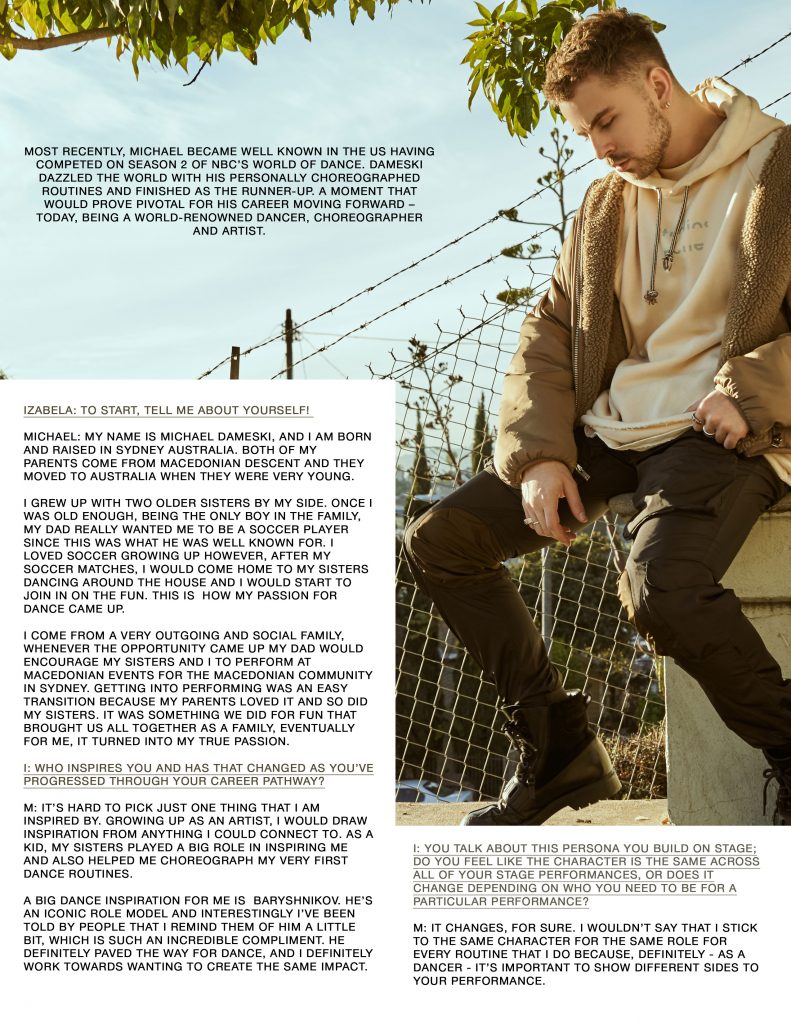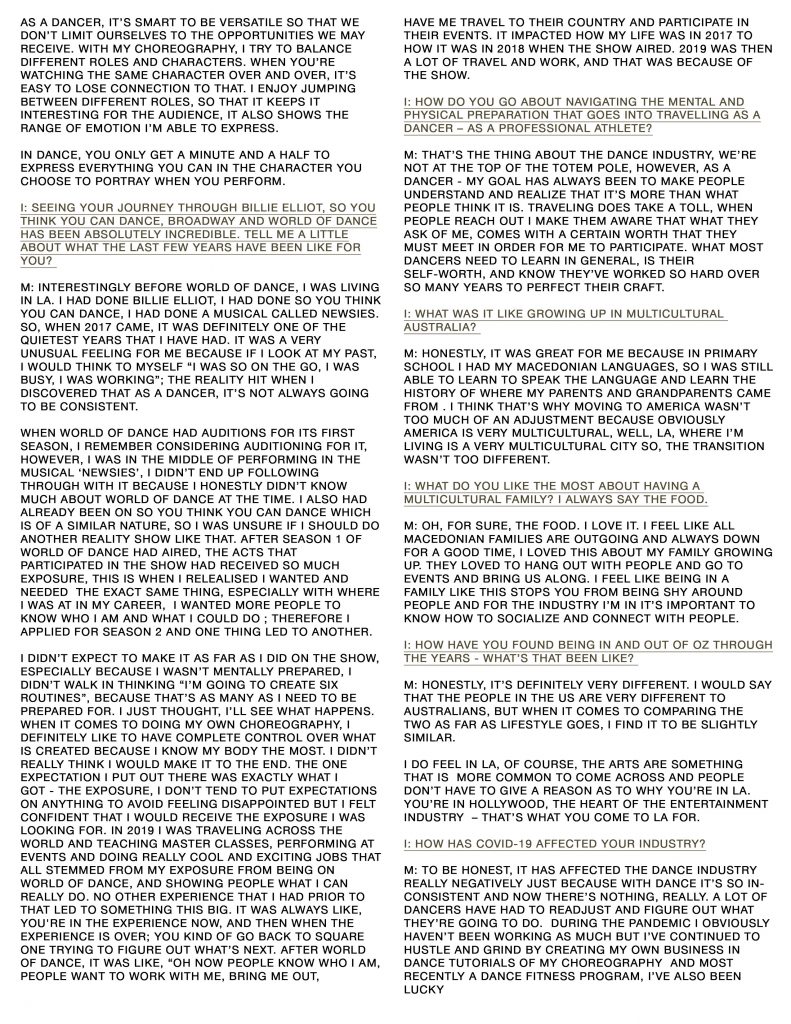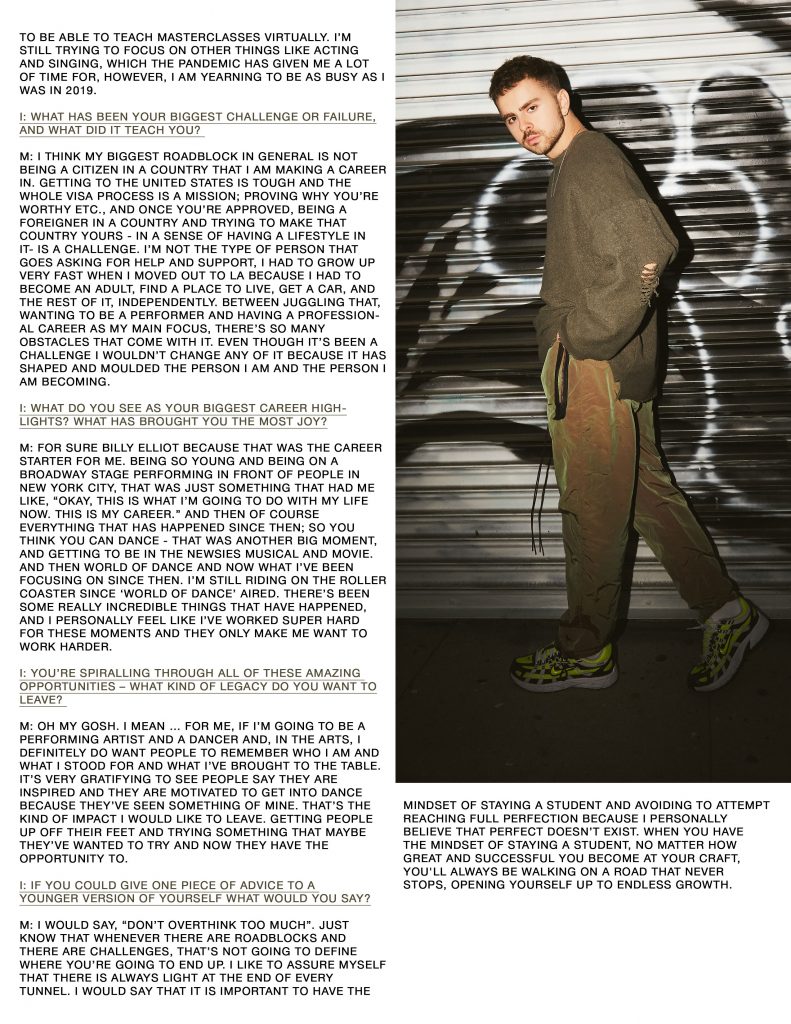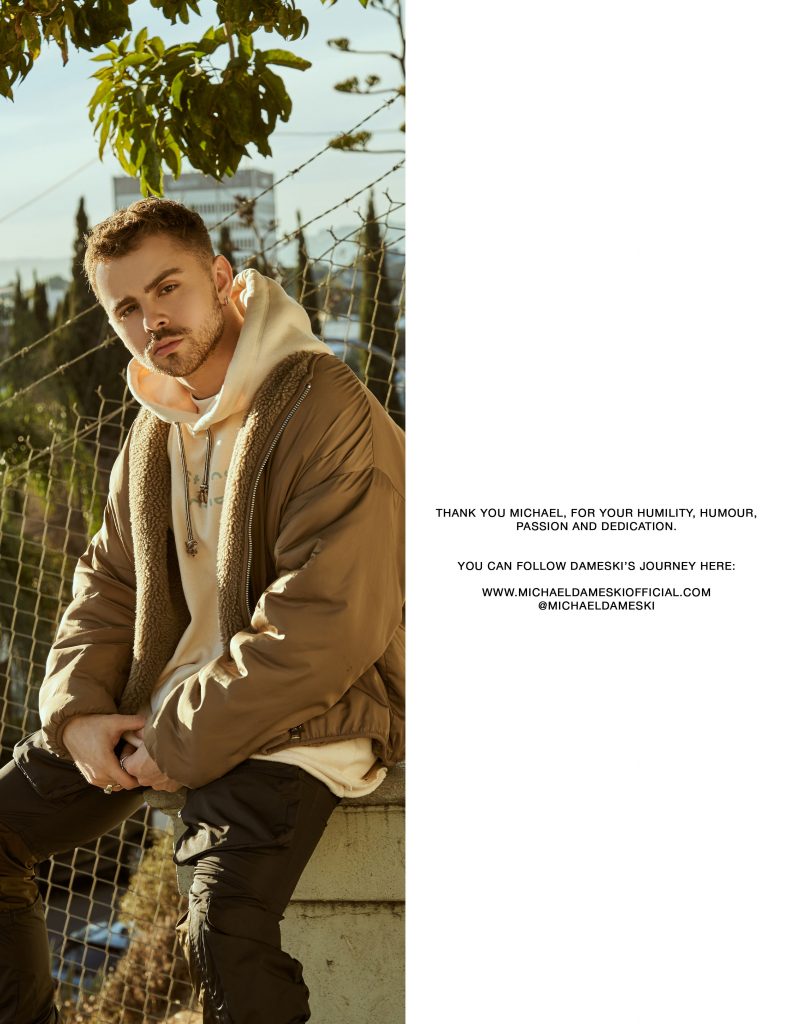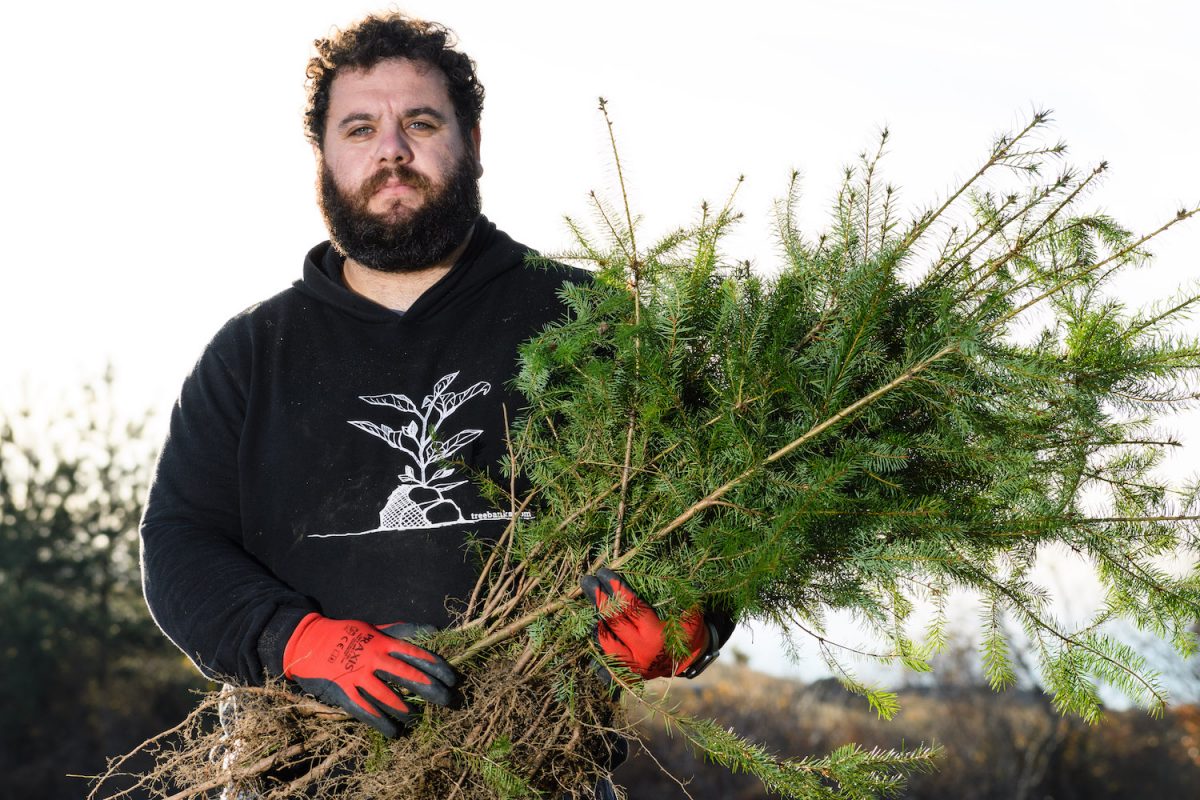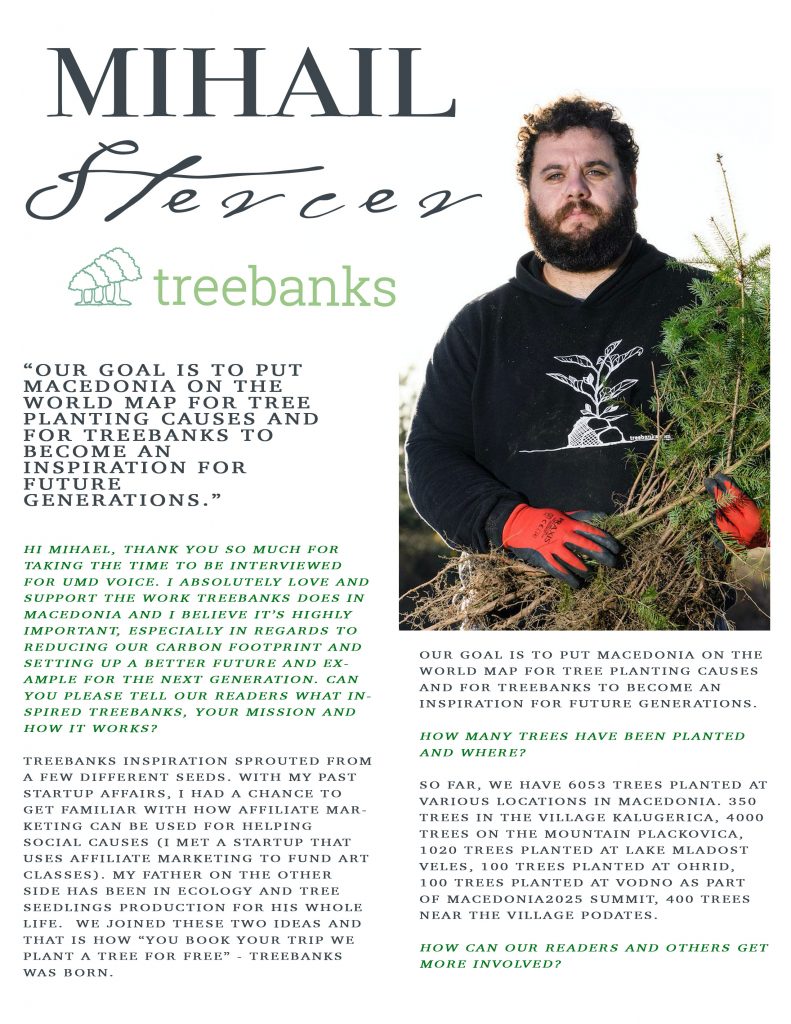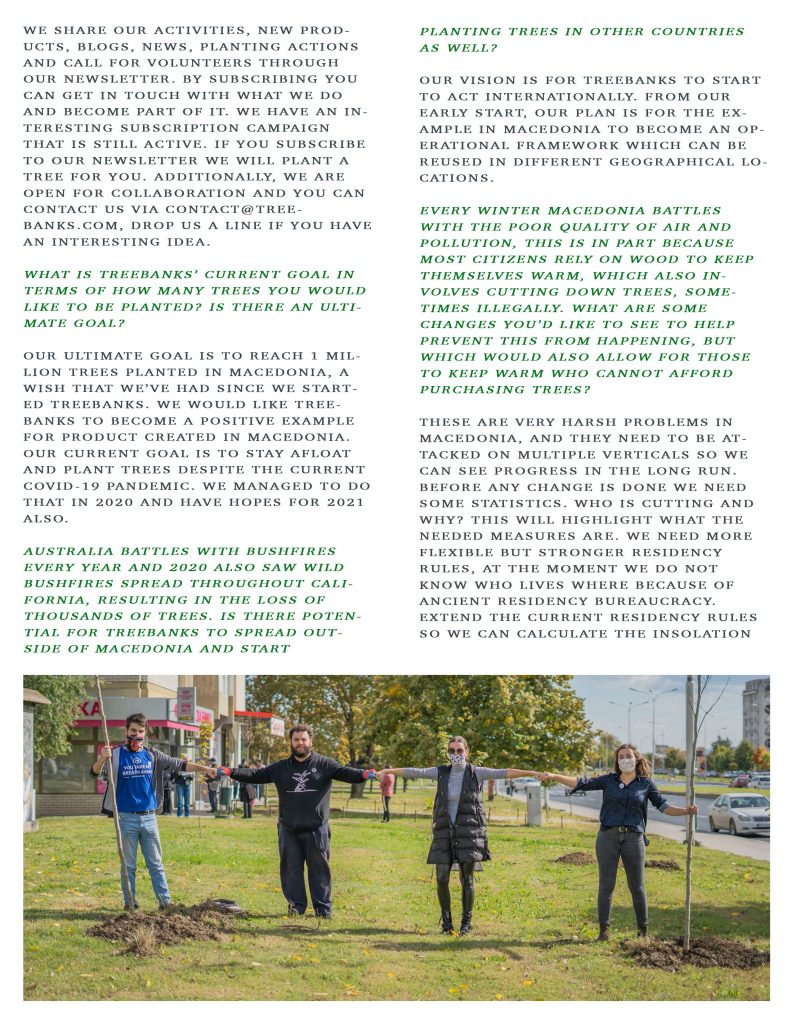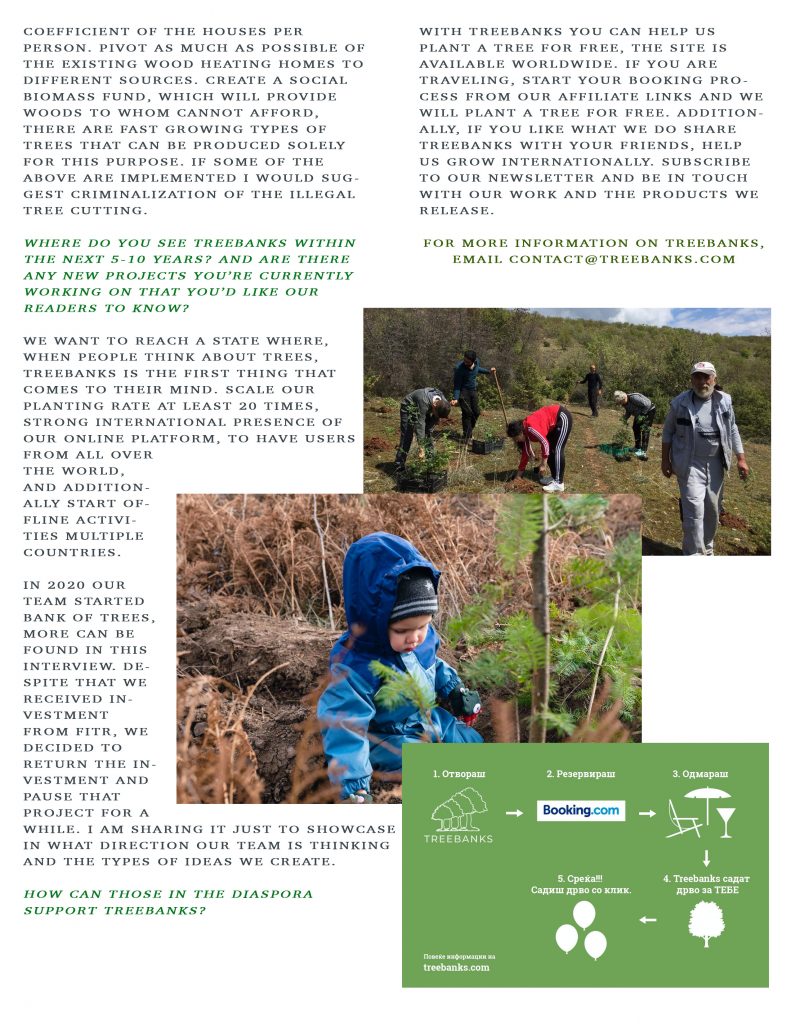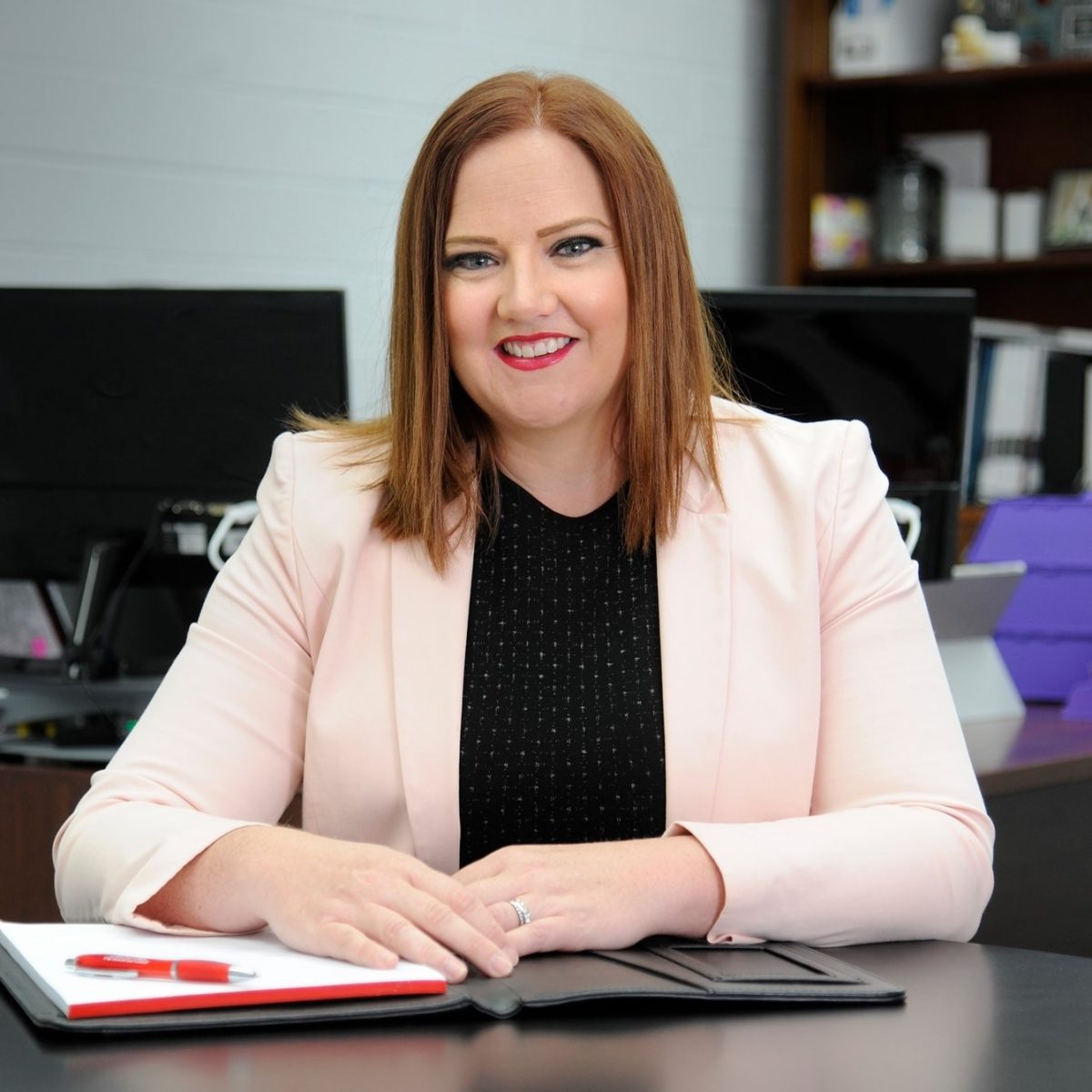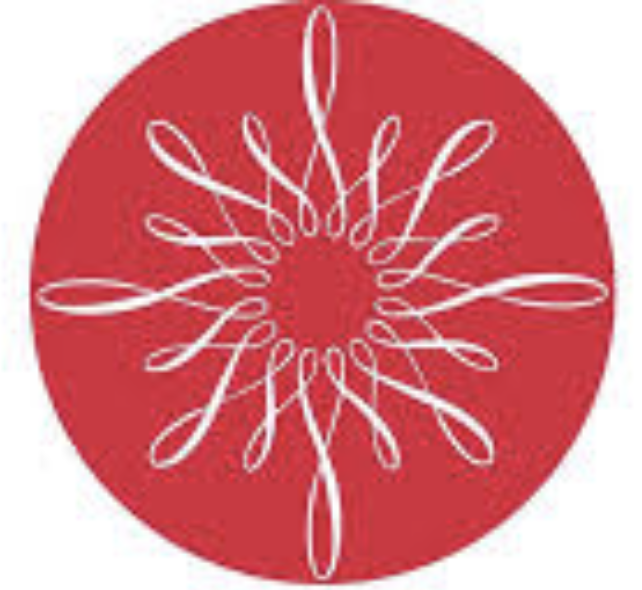In 2020, Generation M’s Izabela Barakovska had the pleasure of speaking with Australian-Irish politician Jessica Stojkovski, a champion for women in public affairs and a strong advocate for the Australian-Macedonian community.
Stojkovski has been a member of the Labor Party since the age of 16. In 2017, she decided to take a risk and run for the relatively safe Liberal seat of Kingsley in Western Australia.
At the state election, and on the back of a massive swing of 15.67% to then Opposition Leader and current West Australian Premier Mark McGowan, Stojkovski won the seat by 0.67% – a marginal 307 votes.
In the years since, she has approached her career, community and family with passion and determination. It was a great pleasure to hear about her journey.
Izabela: Before we speak about your successes – inside and outside of politics – tell us a bit about yourself!
Jessica: Hi, I’m Jess Stojkovski. I married a Macedonian 12 years ago and went from being an Irish O’Gorman to a Macedonian Stojkovski. I was elected to the WA parliament as a member for Kingsley in 2017. At the time I had two very small children, a girl and a boy. My son was 15 months old when I was elected, so that has been an interesting progression for him. I’ve always been around politics – my dad was a member of Parliament before me and served 12 years as the member for Joondalup. When my daughter was born I got involved in local activism in Landsdale – campaigning for footpaths, air conditioning etc., trying to get community spirit going in the area. From there, it snowballed – once you get a taste of a little success you just keep going and going.
I: What is your biggest driving force and how has it changed over time? What has inspired you?
J: Drive for me comes down to making an impact on a community and levelling the playing field for everyone. I often think about the popular analogy of three people of different heights trying to look over a fence at a sporting match, and you need to give them a different number of boxes so they can actually see over the fence. In that sense, it’s not about giving everyone the same start, it’s about giving them the same starting point. In real life, visiting Joondalup TAFE I had discussions with students that say, “without slashing these TAFE fees to 50%, we wouldn’t have been able to do this”. I especially remember a conversation with an Indigenous boy who wanted to be a ranger with the Indigenous Rangers Program, but couldn’t afford the TAFE fees until they were slashed. It’s all about helping someone who has a passion and drive to do something, but who might not have the money or opportunity to pursue it.
I: What advice would you give to your younger self and other women who want a similar career path?
J: Believe in yourself, because there are plenty of people that believe in you. I’m probably my own worst critic, which is helpful because it pushes me to do better and bigger things, but at some point you have to acknowledge that you’re enough. You have a right to state your opinion, and you need to actually back yourself. That doesn’t mean you can’t change or learn, but know that you’re enough and have a right to be at the table. Another thing – don’t be too proud to ask for help. People will help you if you ask them.
I: Australia and Macedonia have vastly different political climates. What do you believe are the biggest similarities and differences?
J:Macedonia is in a difficult situation. This is an outsider’s perspective because I didn’t grow up there. For me, there are actually more similarities between the Irish political climate, historically, and the Macedonian climate – the many conflicts, the constantly being managed by other countries or interests. It’s really difficult to wrap my head around all of that as someone’s who’s grown up completely in Australia.
But to answer your question, there are some really stark contrasts between Australia and Macedonia. There’s a general sense, particularly from the Macedonian diaspora here, that they want better for their home country, and that’s something that resonates in Australia – you want better. A lot of frustrations for the Macedonian diaspora are because they can see how much better it can be here in Australia, but they can’t see that for their home country. I think Macedonians have also battled a lot more with dishonest dealings in politics – while you can criticise Aussie politicians all you like, the majority of Australians don’t hold that taintedness. Mark McGowan’s current popularity [in Western Australia] is great, but the reason he’s been so great is because he’s natural and genuine. People don’t want a slick politician, they want someone they can relate to.
I: What do you enjoy the most about your multicultural family? How do you think marrying into a Macedonian family has impacted your perspective on the importance of history and identity?
J: What do I enjoy most? The food and the dancing, and that it’s more than just the family. You don’t just marry a partner, you marry their immediate and extended family and their culture – and they all take ownership of you, which is great. I grew up in Australia, but all of my family was in Ireland, so I didn’t have massive amounts of extended family. There are lots of similarities between Macedonian and Irish culture, which was particularly interesting when I was getting married. It was a very combined multicultural wedding – Australian bush dancing, Irish music, Macedonian dancing – it was something different, and a big eye opener for a lot of our guests.
My husband and I have a very multicultural group of friends – Macedonian, Russian, Italian, Greek, Romanian, German, Irish, Scottish and Spanish – and we all celebrate each other’s cultures, especially over food. These celebrations make our lives such a rich tapestry. You bring the best parts of your culture to your group and to your family, and that’s the best part of being multicultural.
While people often say Australia is a great multicultural society – which we are, at a granular level – we do have our issues with racism and multiculturalism, especially at an institutional level, where there is still a lot of unconscious racism and bias. It’s a travesty, and I hope that we will learn to do better. I do have faith – I look at my daughter, who is 10, and it’s not that she doesn’t see colour – she sees it, she just doesn’t care. I firmly believe that racism and bias is taught and we need to bring our kids up to be better. My daughter is a Macedonian-Irish-Australian – she holds all of that in her 10 year old persona and she owns it. Moving forward, there is an opportunity for us to be better.
I: Have you learnt to speak any Macedonian? Whose responsibility do you think it is to preserve minority languages?
J: Da. I believe it’s everyone’s responsibility to at least document minority languages, vocabularies and cultures. A friend of mine recently made a film – ‘The Furnace’ – and it was announced that it was the only Australian film to be selected for the 2020 Venice Film Festival. It was filmed on Yamatji Badimia Country in Mount Magnet Shire and Yamatji Nanda Country in Kalbarri – the former’s Aboriginal language is now extinct, with the last living native speaker passing just before they started filming. Preserving and honoring at least part of the vocabulary of that dialect then became a responsibility of the director and the film.
It’s up to individuals, family groups, education and the arts – we can’t just say, ‘oh, that was a language once’. Gaelic, for example, was once outlawed in Ireland and it was punishable if you were found to be speaking it. In the last 20 years, there has been a resurgence to teach and preserve the language, with some towns in Ireland only speaking Gaelic and inviting younger generations to summer camp there to learn it. It’s about re-embedding that cultural element – some even going back to using proper naming conventions. If the system could have handled it when we got married, I should have been a Stojkovska – and even before that, being an O’Gorman was incorrect. It means ‘son of Gorman’, where I should have been ‘Ni’Gorman’ – ‘daughter of Gorman’. There’s a lot of pride in the preservation of these traditional conventions and names. Society, culture, government and institutions all need to work together to establish a framework that supports this.
I: Women continue to be underrepresented in politics, business and senior roles. Why do you think such a large gender gap still exists?
J:There are so many proven benefits to why women should be in politics, why women should be on boards, why they should be managers and leading companies. Even with COVID-19, the countries that are doing best (excluding Australia) are those led by women, who often put the safety and wellbeing of people above the state of the economy.
Sometimes policies are well intentioned, but they don’t take into account a woman’s point of view. For example, a friend of mine was working in human resources for a big company and they had a policy where you could do certain levels of training only if you worked a minimum number of hours a week. I can understand the financial rationalisation, but that policy actively discriminates against women – the demographic that would benefit the most from training to advance their careers probably wouldn’t be eligible because they’re more likely to work part time or casual jobs. Just because you’re on part time hours or on leave, that doesn’t negate your need for training or desire to progress. As a person making that policy decision, you can’t make those assumptions or choices for someone. Blanket policies like that cut women out of the conversation.
And if you want to keep women in parliament, you need to preselect them in safe seats. Not just reap the chance reward of hard-working women winning unwinnable seats. That’s why we’ve got quotas in the Labour party – because if we have to meet a quota, we will go and find women with the passion, courage and drive. Often, women need to be encouraged into these positions – not because they’re weak or they’re not capable, but because there is a heavier burden on them for family duties. It’s a divisive topic, but we will never get equality for women unless it’s accepted for men to be caregivers. We also need to see a cultural shift!
I: Do you believe women ‘do politics’ in a different way?
J:Absolutely yes, and it’s becoming more acceptable for women to do politics in their own way. In the past to become successful, women had to act in a stereotypically masculine way. Julia Gillard couldn’t show emotion even when she was being horrifically targeted, vilified, sexually harassed and emotionally abused. The things that were said about her would never be said about a man – ever.
On the flip side, some of the most memorable moments of Bob Hawke’s time as Prime Minister were about his weaknesses and failings. Most people remember when he skulled a beer, when he made a statement after the America’s Cup that any boss that sacked a worker for not turning up was a bum, and when he cried. They were all ‘weaknesses’ that we now consider to be his best attributes alongside his great political successes. It’s becoming more acceptable now – as we see with Jacinta Ardern, for example – to be soft, approachable and nurturing.
I: What are the highlights and lowlights of your political career? Is there anything else you would like to achieve?
J:The biggest lowlight – there’s still a lot of negativity that comes with being a woman in politics. You’re held to a much higher standard than your male colleagues, and the negativity is so vicious. “You’re too fat, you’re too emotional, you care more about your clothes, you have a resting bitch face” – a lot of it is focused on how you look and present yourself, rather than the substance of your policy. The other is that you are held accountable for decisions you don’t make – but as a local conjugate, you’re the one that is held responsible.
The highlight is that policy wise, we’ve done a lot of changes that have been very beneficials to the community and the state. My community is fairly well-off socio-economically so we don’t get a lot of investment or infrastructure, but it’s also not so well-off that we can do everything ourselves, so we kind of always slip through the cracks. It’s been great doing certain projects – like already in this term of government, my school’s had more investment than they’ve ever had in the past 20 years. $2 million dollars investment in the school, just to do small things like fixing the roof because it was leaking, replacing the doors because they didn’t lock anymore. It does make it easier to teach in those rooms!
I think there’s also a real challenge in balancing expectations and reality. Your own expectations, but also the community’s. There’s an expectation that as a public figure you’re always publicly accessible – but you also need to look after your mental health and not feel guilty about doing that. Some people get really antsy about it, but they have to understand that at some point I have to take some time for myself, to stay at home and do a load of laundry or once a fortnight there’s an hour where I go and learn piano. And that’s what I do for my mental health – I have an hour that’s mine essentially every two or three weeks. It took me a good three years before I felt comfortable doing it though.
I: Lucky last, who’s someone that you’ve always looked up to as an idol?
J: Carmen Lawrence was the Premier [of Western Australian] when I was younger. I remember the buzz around her as a child, the fact that we had a female Premier! And even as an adult, when I met her around two years ago, she still had that same buzz. Even Julia Gillard – I didn’t agree with everything she did but I respected her so much. And now definitely Jacinda Ardern. I definitely have a girl crush on her to be honest. But I just think, she’s the same age as me and she runs a whole country and she does it with such grace and confidence. As somebody who got elected unexpectedly and suffered from imposter syndrome – and still do sometimes – I look at her and feel empowered. More closely, looking at my Dad and seeing everything he did and went through, and being able to learn from his successes and mistakes, has also been really interesting.
____
Generation M Australia thanks Ms Jessica Stojkovski for her time, for sharing her story, and for her ongoing support of Australian-Macedonian communities.
Any opinions or views expressed in articles or other pieces appearing in UMD Voice are those of the author alone and are not necessarily those of the United Macedonian Diaspora and its young leaders’ program Generation M; the appearance of any such opinions or views in UMD Voice is not and should not be considered to be an endorsement by or approval of the same by UMD and Generation M.
